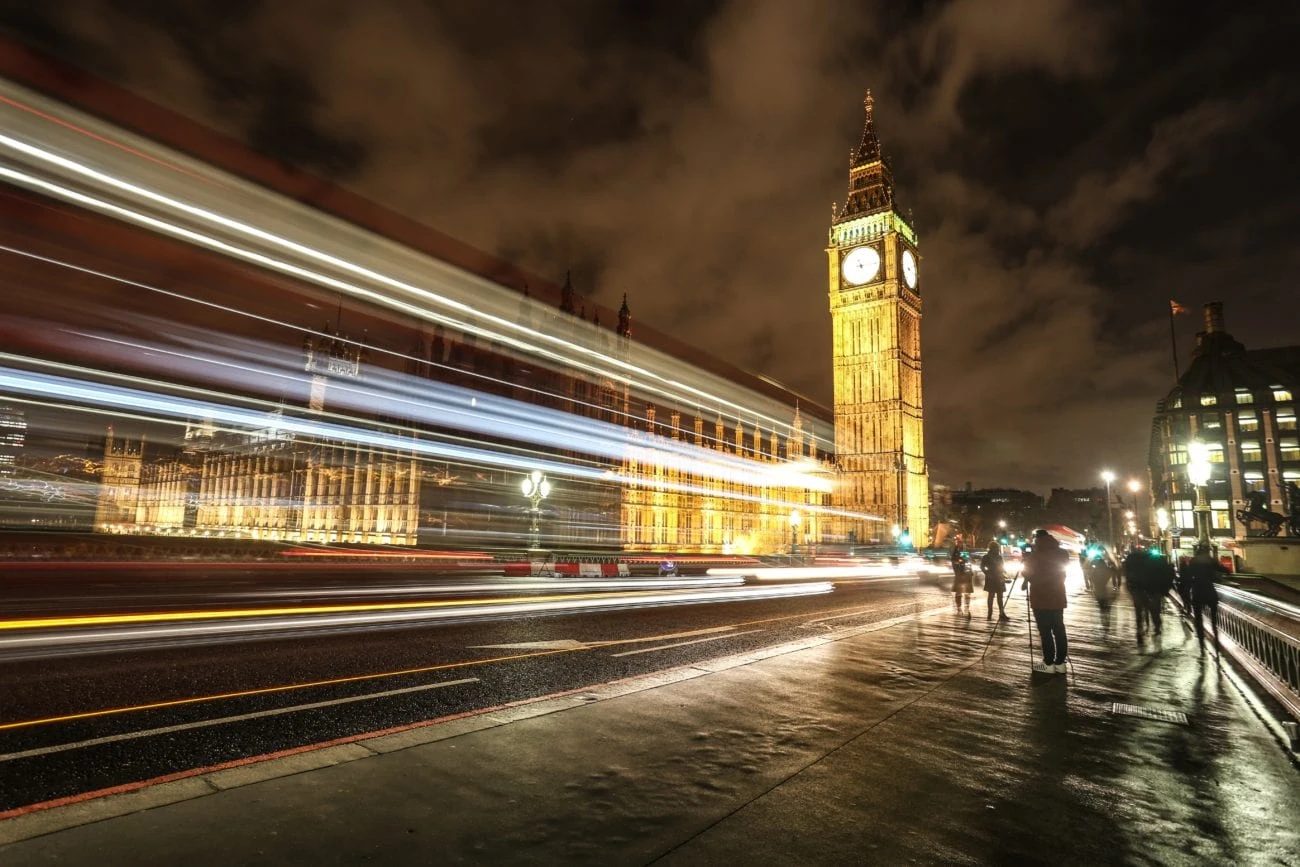UK budget: No gambling tax hike but government seeks to simplify current structure

Budget filings did state the government would consider how to consolidate the UK’s gambling tax structure. Remote gaming and betting currently have different tax rates. Sports betting has its own 15% levy for net stake receipts.
The Guardian first reported the government was considering a UK gambling tax increase on 11 October. The newspaper accessed two think-tank budget proposals. One, by the Institute for Public Policy Research (IPPR), suggested increasing the UK’s remote gaming duty (RGD) to 50% of operator profits, from its current rate of 21%.
The second suggestion came from the Social Market Foundation (SMF). That one called for the remote gaming duty to be increased to 42%. Such an increase would raise approximately £900m (€1.1 billion/$1.2 million) in additional tax funds.
The tax hike proposals were considered ludicrous by the industry. But the report had an immediate impact on the market, as publicly listed shares briefly decreased by up to 16%.
Politicians and gambling industry heavyweights heavily criticised the motion. They insist it could have far-reaching implications on the horseracing and sports sectors in the UK.
The Betting and Gaming Council (BGC) warned the increase could be compared to “disproportionate” tax regimes being implemented elsewhere in Europe that are pushing and will continue to push players into the black market.
But gambling was notably left out of chancellor Rachel Reeves’ budget speech. She instead placed an onus on raising taxes elsewhere, including employers’ contributions to national insurance and capital gains tax (CGT). Reeves said the government is aiming to raise taxes across the board by £40bn. This includes a 50% increase on the duty for private jets.
Gambling tax revision coming in 2025
Gambling has not emerged from the budget totally unscathed. It could still face an overhaul of its current tax system.
Today, UK remote gaming duty sits at 21% of operator profits. The previous rate of 15% was raised in 2019. General betting duty is 15% of net stake receipts, which is comparable to the gross profits from bookmaking. In addition, pool-betting duty is 15% of pool betting receipts.
The chancellor wrote that proposals to consolidate the system under a single tax would be carried out next year.
“The government will consult next year on proposals to bring remote gambling (meaning gambling offered over the internet, telephone, TV and radio) into a single tax, rather than taxing it through a three-tax structure. This will aim to simplify, future-proof and close loopholes in the system,” the budget papers said.
Despite the industry’s dismissal of the tax increase proposals, a number of stakeholders acknowledged a much more sensible increase could be on the cards.
Alun Bowden, senior vice president for strategic insight at Eilers & Krejcik Gaming, said a rise in online gambling tax rates felt inevitable. The question is whether that will happen this year or next.
“Sports betting can afford to flex up a bit and 15% is fairly low in a wider European context, while online casino is still at a reasonable enough level,” he said, responding to the initial tax hike reports. “This all drops to the bottom line obviously, but there’s a bit of tinkering you can do to mitigate it especially around bonusing.”
It is not yet known whether the government will seek to increase the UK gambling tax rate as part of consolidating the sector’s contributions.
The BGC welcomed the budget, with CEO Grainne Hurst noting: “We have been clear, any duty rises now would have hit customers, prevented growth, risked jobs and bolstered the unsafe, unregulated gambling black market.
“Government has listened to the BGC and our members, got the balance right and rejected calls from anti-gambling prohibitionists seeking to threaten jobs and growth.”
